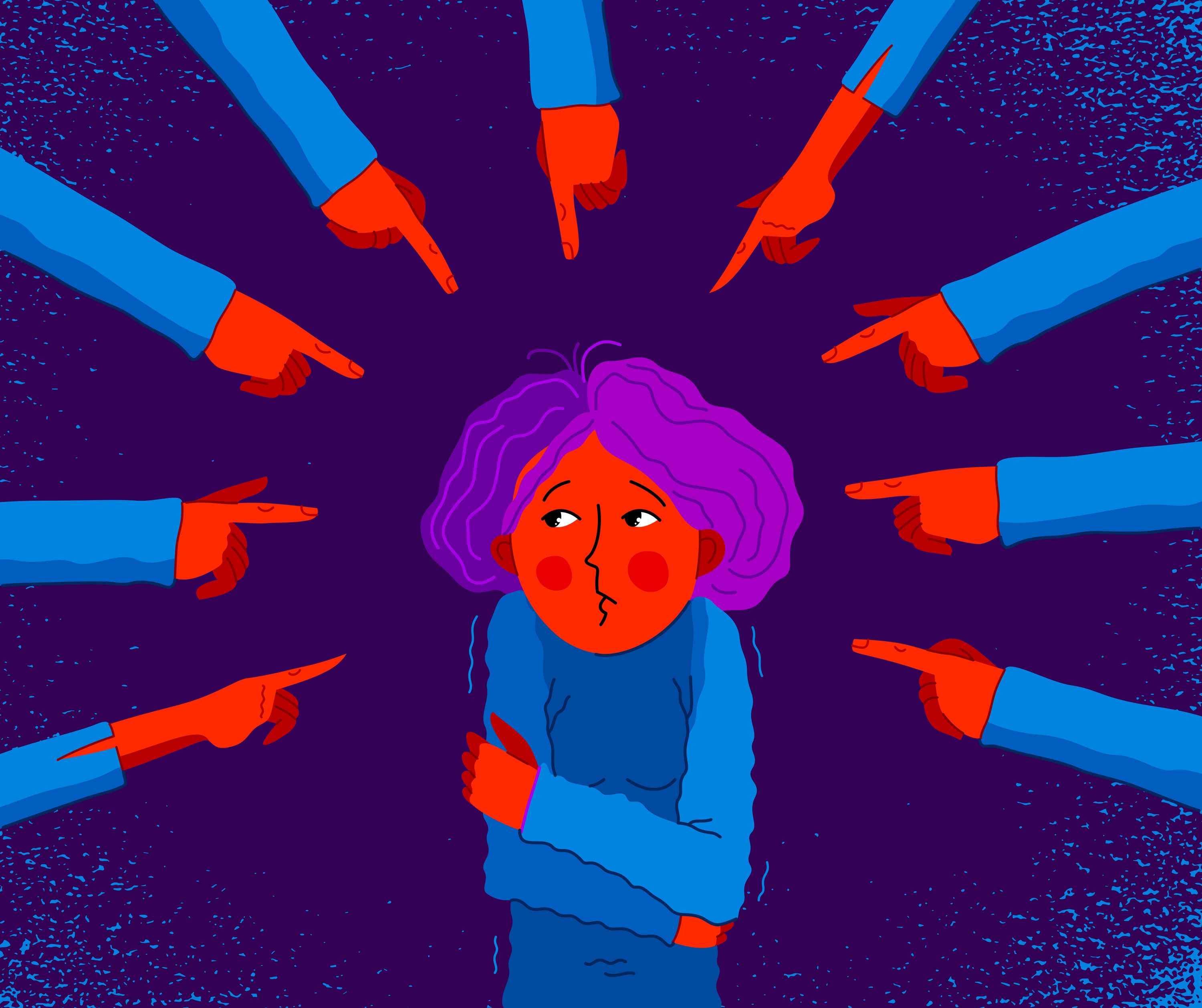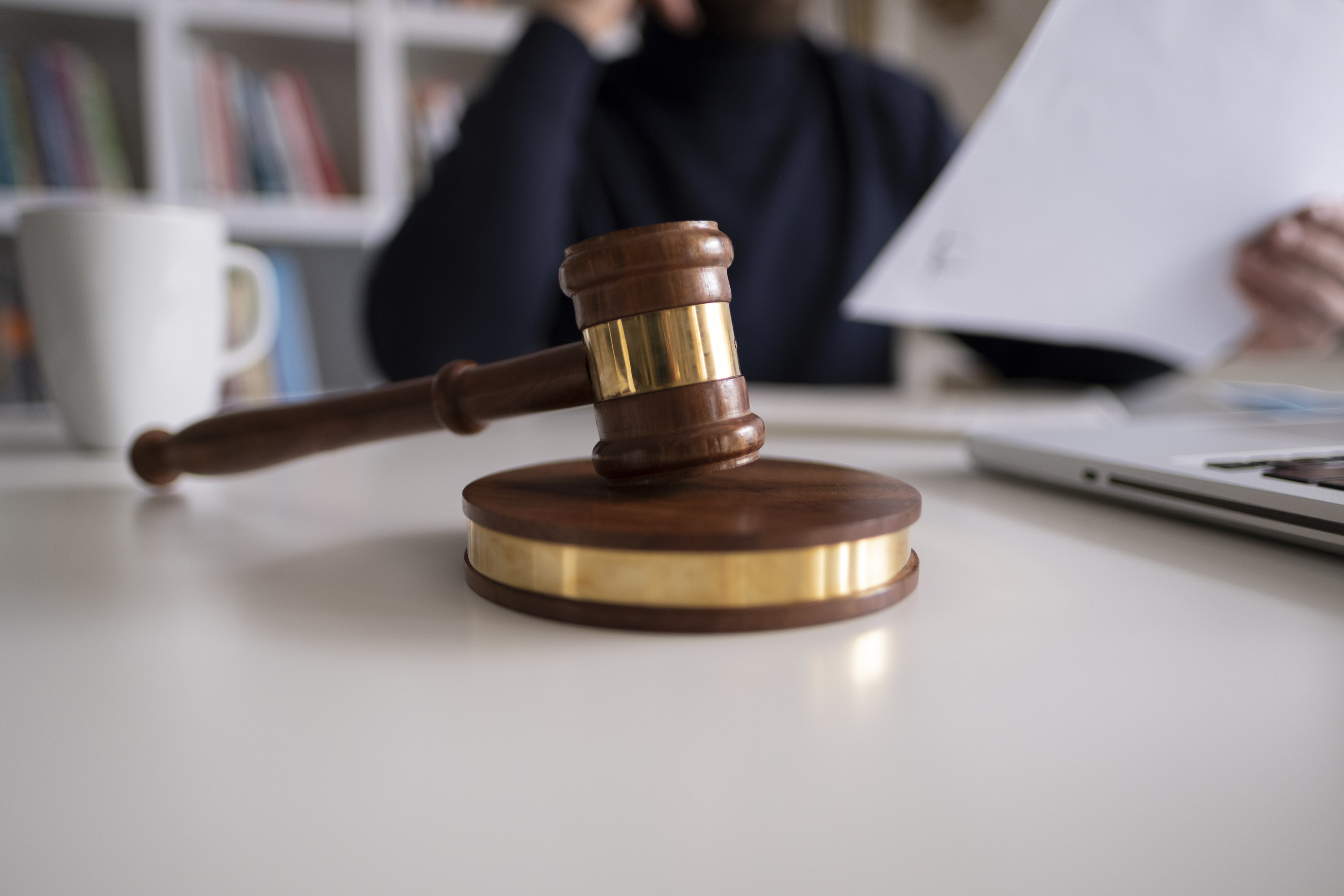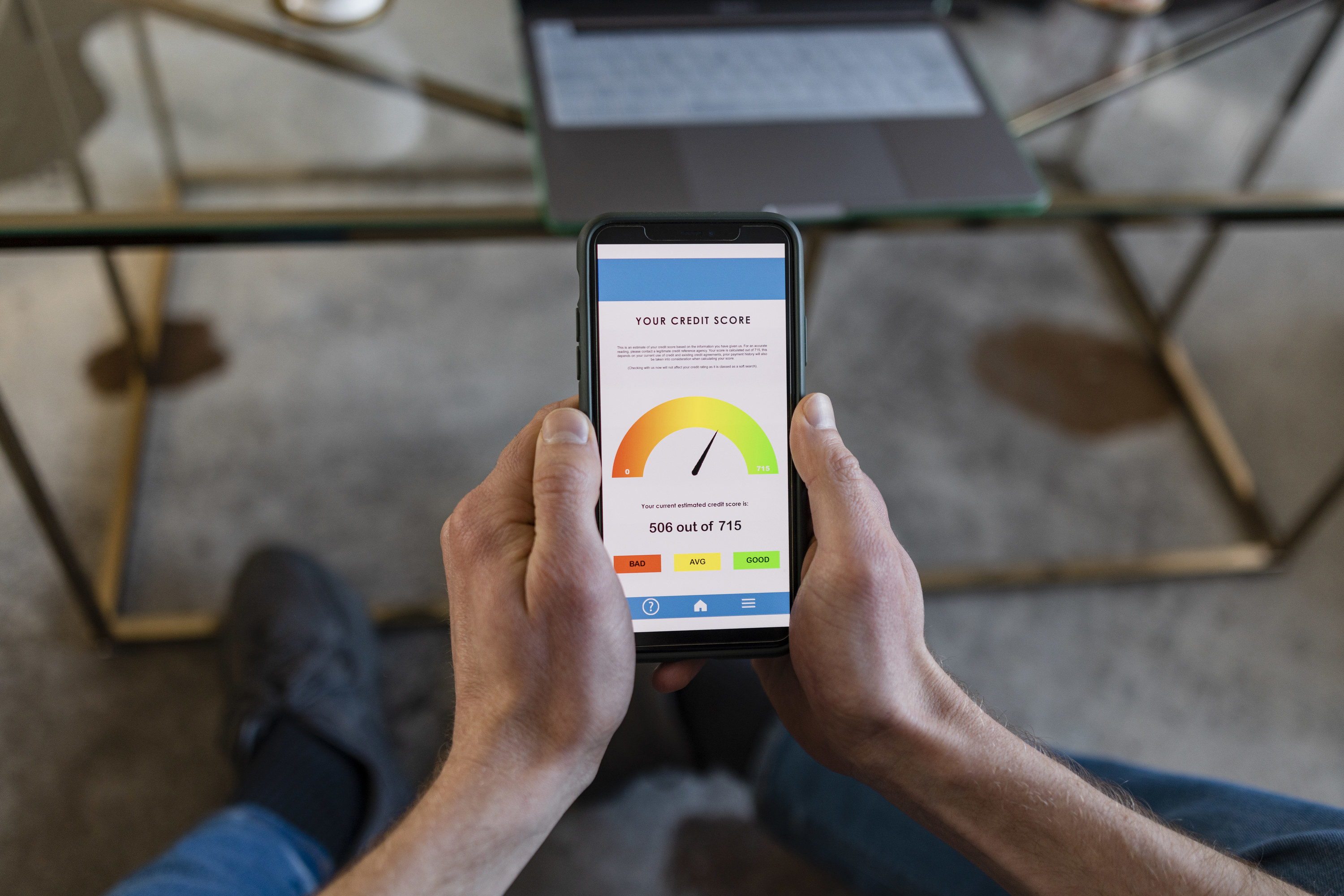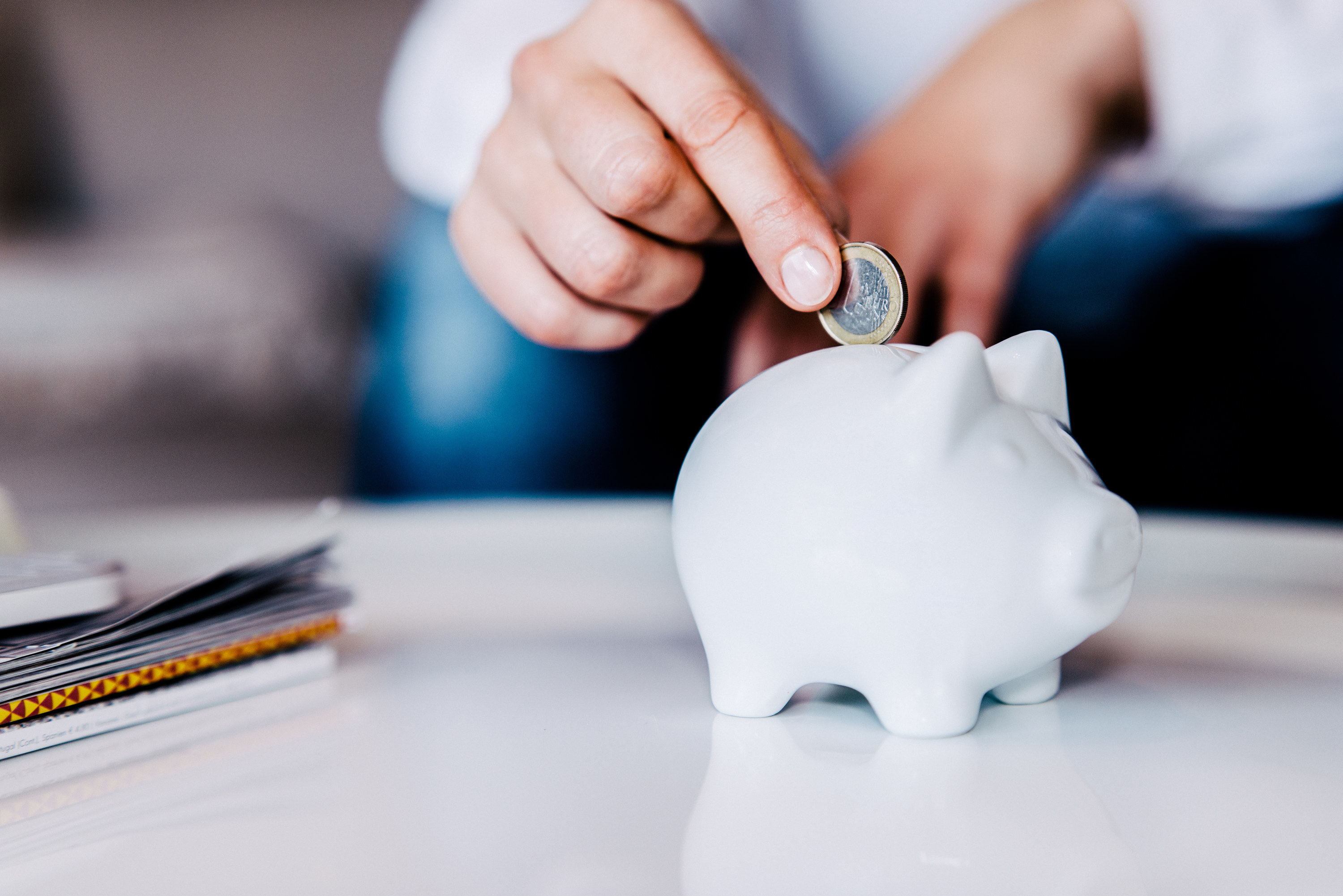Hello, world, and welcome back to Money With Megan, the side of BuzzFeed where we talk through the sticky work and money questions that keep us up at night.

This time, we have a letter from a woman who left an abusive relationship, but now she's having trouble picking up the financial pieces. Here's what she had to say:
"So, I just got out of an abusive relationship. My ex unfortunately racked up charges on my credit card and dwindled my savings account. I now have a little over $10,000 in credit card debt, and I just built my savings back up to $3,000. I always prided myself on having a great credit score and being really smart with money. It’s so embarrassing now to have all this debt, and I feel like there's no fast way to pay it off."

She continued, "I'm actually too anxious and afraid to even check my credit score. My minimum payment for my credit card is right around $200, so typically, the most I’m putting on it each month is $250. I’ve been thinking about taking a personal loan to pay off the credit card debt, but I’m honestly just not sure what my best course of action is here."

She added, "And I hate asking anyone about it because I immediately get, 'Why would you ever let him spend all your money?' So yeah, any advice would be much appreciated!"
My response...
First of all, I want you to know that financial abuse, though it's not often talked about, is sadly pretty common. A 2015 study on domestic violence found that 99% of victims also experienced financial control, coercion, and abuse. In fact, financial abuse is one of the main reasons that so many people stay in abusive relationships. Unfortunately, it makes a sick kind of sense. When an abuser takes over your money, they control your ability to leave them.

So please, don't blame yourself for your ex's abuse of your finances. Relationship abuse is all about power and control, and his actions with your money are part of a larger and very harmful pattern. You gave someone your trust, and it's not your fault that he didn't treat you with anywhere near the care and respect that you deserve. His bad behavior is 1,000% on him.
As for the folks who ask why you "let this happen," that's victim-blaming, and it's extremely unhelpful. It can be really hard for people who have never experienced abuse or manipulation to understand what it's like. It's really scary for them to think about, because it means that they could be vulnerable too. And unfortunately, blaming the victim is a strategy that helps them keep this fear at bay. It's understandable, but it's not okay.

I hope that you have supportive people in your network whom you can talk to about this and who will be open to learning more about financial abuse and how they can be there for you as you recover. And I'd also encourage you to connect with organizations in your city or state that support people who have experienced domestic violence and abuse. Depending on your location, these groups might offer career counseling services, funds for survivors, financial planning, or peer support so you don't have to feel alone. The National Domestic Violence Hotline is a great resource for finding groups in your area.
I don't have all the details of your situation, but I also want to mention that depending on where you live, you might be able to get out of the debt legally. For example, California recently passed a law that can grant relief from coerced debt for victims of financial abuse. You might be able to hold your ex legally accountable and get money back by suing him in small claims court or filing police charges. However, these kinds of charges can be difficult to prove, and it's totally understandable if you'd prefer to never be in contact with this harmful person again. Your safety is the most important thing.

Okay, so on to your question. I hope you've already changed your passwords for everything, gotten new credit card numbers, and made sure there's no way in heck that your ex can hack his way back into your finances. But if you haven't yet, please, please, please lock everything down ASAP. If your ex had access to your bank accounts, you might even want to switch banks, and make sure he isn't still an authorized user on your credit cards or logged in to any of your accounts on his computer. He doesn't even deserve to watch your Netflix, so make sure he can't access a single thing belonging to you.
I know this is scary, but your next step is going to be to check your credit reports and score. First, pull your free credit reports from all three bureaus (Experian, Equifax, and TransUnion) at www.annualcreditreport.com, and check them for fraud. Not to scare you even more, but it's possible that your ex may have opened accounts in your name that you don't even know about. If he did, the sooner you can catch and report them, the better.

For your peace of mind, you might also want to freeze your credit. Putting a freeze on your credit is free, and it can prevent others from opening fraudulent accounts in your name. Plus, when you want to use your credit, you can unfreeze at any time.
Once you've made sure that all the info on your credit reports is correct, it's time to look at your FICO score. This is the credit score lenders use to determine what you're eligible for, and it'll help you figure out what you can do next to lessen the burden of your debt. Because our credit system is weird and confusing, most of the free credit scores you'll find out there are not actually your FICO score. The best way to see your FICO is typically through your bank or by making a free account with Experian, because for whatever reason, they're the only credit bureau that actually lets you see your score.

You mentioned that you're thinking about taking out a personal loan. If you can find one with a lower interest rate than your credit card, that can be a good option to help you chip away at the debt. To see what you might qualify for, I recommend using this tool from NerdWallet.
If your credit score is on the higher end, you might also look into balance transfer cards. These cards allow you to transfer your debt onto them, and they often have an introductory 0% interest period (sometimes up to 21 months) that can really help make a dent in your debt. If you qualify for one of these cards, be sure to read the fine print, as some of them charge balance transfer fees.

Once you've taken steps to minimize the interest you owe, you'll want to see if there's any way to put more money toward debt payoff each month. Spending less is especially difficult in this era of inflation, so unless there are really obvious things you can cut from your budget, your time is probably better spent figuring out how to bring more money in. Can you ask for a raise or negotiate a higher salary at a new job? Do you have the time and energy to take on a freelance project or a side gig? I know it's much easier said than done, but the dirty little secret of personal finance is that sometimes you just have to make more money.
Finally, I have to say that it sounds as if you're in a better place financially than you might feel you are. Your savings are genuinely impressive, especially considering the fact that 56% of Americans have less than $1,000 socked away. And it's also great that you've been paying off more than the minimum on your credit card each month. It's going to take time, but I'm confident that you will recover from this. A bad thing happened to you, but that doesn't mean you're bad with money.

And that's all the advice I have for today! If you have a sticky work or money situation that you'd like some advice on, write to me via this anonymous form. And you can also follow me on Twitter or LinkedIn.
All requests for advice sent to me are for publication on BuzzFeed only. I do not respond to individual messages or provide any advice one-on-one. Please don't submit a question unless you want it published on BuzzFeed. We'll always keep you anonymous. You must be 16 or older to submit.
